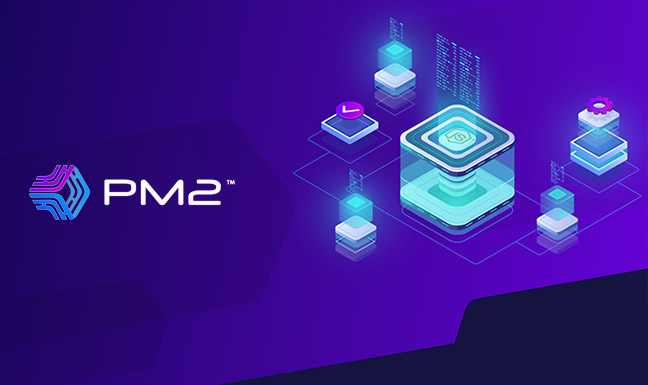
Virtual Power Plants
A high overview of Virtual Power Plants. How these centralised IT systems are allowing to control multiple units generating energy from a centralised Dashboard panel.


On the 24th of May, Sandeep Biswas and Martin Kuca shared a webinar presentation about the future of the energy sector and provided some insights of the digital transformation that the industry is currently involved in.
Energy organizations and corporations see the digital technologies as an opportunity to transform the current industry and implement innovations that could lead to an increase in the efficiency and productivity.
Digital platforms that involve analytics and machine learning allow a better data management and help to determinate improvements in a particular system. This specially applies to future energy systems which are following the tendency towards a decentralised production model managed via a centralised digital platform.
The energy sector is in a nascent stage in the digital journey as have, sometimes, a traditional and conservative approach. However, there is a noticeable increase in digital investments over the past three years. The appearance of new disruptive technologies such as cloud-based solutions, big data analytics, the internet of things and automation has brought relevant opportunities into the industry.
Organization and companies involved in the energy industry are facing external pressures to improve their efficiency and productivity. Subjects such as climate change, new regulatory policies for renewables and plans for smart cities are on top of their external agenda. How could new digital platforms help in this and what is required for a successful digital transition?
The transition into digital methodologies implies a journey with challenges for existing systems and organizations. According to the A. T. Kearney one of the key issues companies face during the digital transition process is to understand what are the future improvements obtained after becoming digital and which steps are necessary to get started.
There is a will to learn from digital companies but big corporations and organizations from the energy industry seem to see their internal processes and culture as a barrier in the way of innovation. Sometimes it is hard for them to get recognition and acknowledge from all parties involved on the decision committee and that causes less support on digital innovations.
Another issue that companies face is how to value the outcome after a digital transition and what actions can be account as a success after digitalisation. There is a cost associated with this type of transitions, specially for large and complex systems, and the concern is whether this promising initiatives will help deliver real business value.
The concept of scalability was also discussed during the webinar. According to the speakers, even after a successful transition into digital systems there are additional challenges to change the existing ways of working. That creates struggles when trying to scale systems at a x10 scale. A proposed solution was to reduce the amount of overall portfolio projects and focus more on scaling a particular one rather than diversifying efforts.
One of the key factors for a successful digital transformation is to define a clear vision of the expectations and the aim behind the transition. It is an important phase to understand the business implications of the digitalisation and how will impact the current structure.
After the analysis on the impact and the study of the current structure it is time to define what strategy will be followed and design the actual roadmap of the digital transition. What are the required steps for a successful digital integration and how do we manage priorities? Those are questions that should be taken into account when designing the transition plan.
A well-defined teams and roles is also a key factor in any successful transition. It is important to define an organizational model which split tasks between workers according to their skills. In case of need, hiring external IT resources and developers is also recommended. That will ensure a continuous maintenance of the system even after the transition is completed.
Finally, there is the idea of stablishing new partnerships with external organizations that could help a company after their transition into digital. The concept of networking is evolving and the product-service business model (PSS) is now more present on digital companies.

A high overview of Virtual Power Plants. How these centralised IT systems are allowing to control multiple units generating energy from a centralised Dashboard panel.

PM2 is a process manager for node.js applications. A powerful tool that will facilitate common system administration tasks for node apps.

A computer program is said to learn from experience E with respect to some class of tasks T and performance measure P, if its performance at tasks in T, as measured by P, improves with experience E.